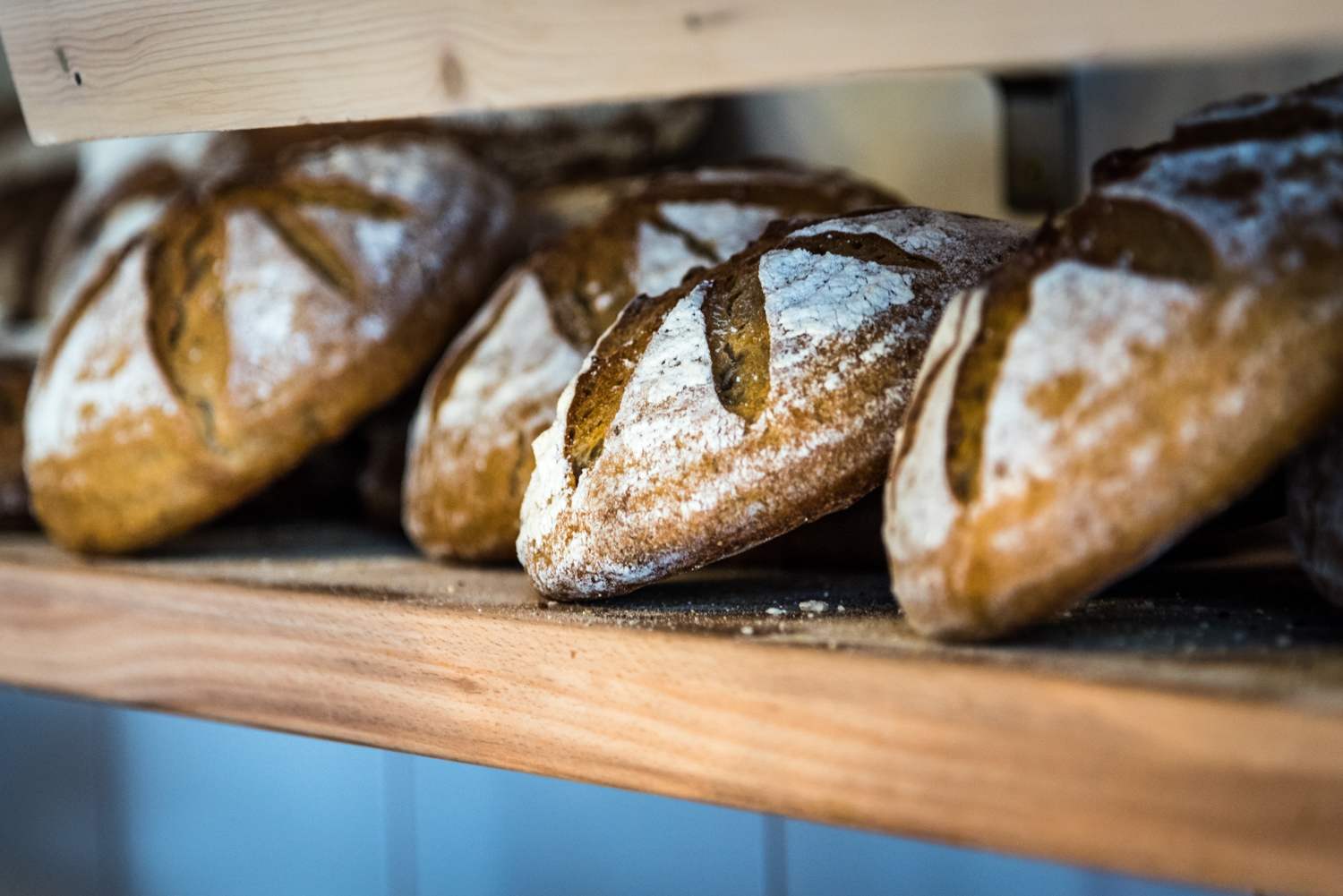An average Hungarian family throws away about 100 kilograms of food each year, while the whole European Union wastes 88 million tons of food annually, worth approximately 143 billion euros. Food that’s still fit for consumption would be an enormous help for those who starve, but even if a shop’s manager has such good intentions, the logistics and organizing problems often stand in the way of realizing this goal: usually they don’t know who to give it to, and how to deliver the excess food. Thus the role of mediatory organizations is crucial, and the project of four university students from Corvinus is a good example of grassroots initiatives; they wanted to help in a way that can be sustained in the long term, and could even stand on its own.

Within the frameworks of the initiative called Élelmiszermentés – péksütit vacsorára (meaning “Saving food – pastry for dinner”), they got in touch with one of Lipóti Bakery’s franchise partners, and then with SOS Krízis Foundation, and they connected the two of them. On November 19th, after a long period of organizing, the efforts paid off, as on this day about 15 kilograms of food, including different kinds of bread and pastries were delivered to the foundation’s temporary shelter for families. For Eszter, Fruzsi, Máté, and Gyula, this was a one-time university project to raise awareness, but now that the manager of the bakery and the foundation are connected, they can cooperate in the future, depending on how often they can deliver the remaining goods, and how often it is needed.

Since food can spoil quickly, small local initiatives like this are very important, and luckily there are more and more of them. For example, the Food Not Bombs Budapest organization visits markets, and from the fruits and vegetables that are still fit for consumption but would be thrown away, they make vegetarian and vegan meals that they hand out to homeless people and those in need. Budapest Bike Maffia also saves food in cooperation with restaurants, companies, and civil contributors; this means that everyone can get in touch with them and help.

The Hungarian Food Bank Association, operating since 2005, is the largest and best-known food-rescuing organization in Hungary; they have almost 100 partners around the country, including Tesco, Aldi, and Coop; together they save food from the stores each day, and they can reach more than 300,000 people in need with the excess food offered by manufacturers and retailers. They collect and deliver the surplus food that would be discarded by stores, factories, and processing plants to charities and local institutions. Although this is still far behind the French system, where stores are bound by law to deliver their surplus to people in need, all of these initiatives are a huge help to those who starve.




